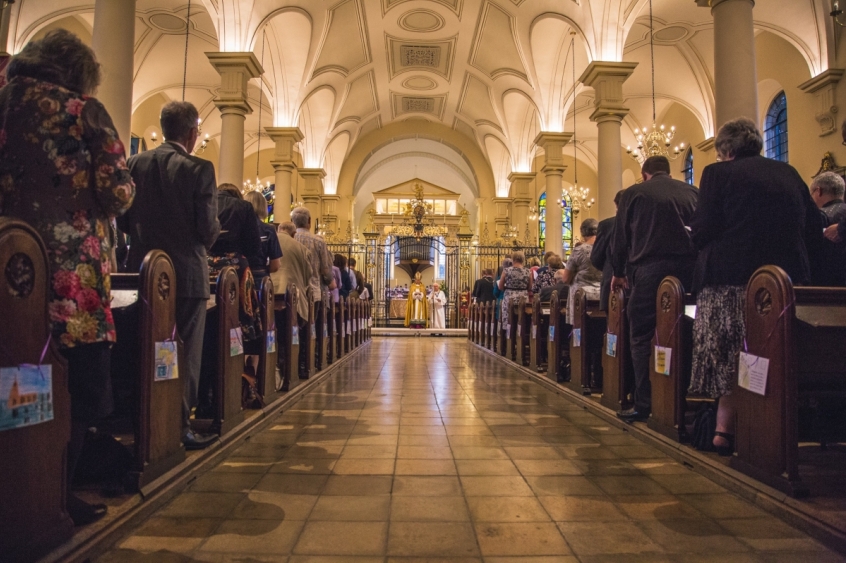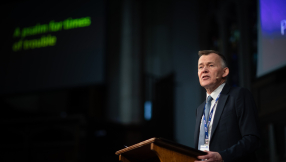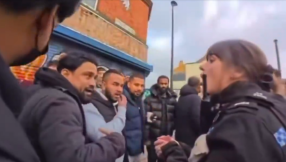
The co-chair of the Church of England's Anti-Racism Taskforce has told General Synod she is "deeply shocked" that the Archbishops' Council has decided against funding racial justice officers for each of the Church's 42 dioceses.
The Archbishop of York said it was not possible to adopt the recommendation made in a landmark report on racism in the Church of England earlier this year because of ongoing cuts.
Taskforce co-chair Rev Sonia Barron expressed her dissatisfaction in an update to General Synod on the Church's new Racial Justice Commission.
Addressing the CofE's governing body, meeting online for their four-day July sessions, she said: "Before I make my prepared presentation, General Synod members will be aware from the questions document that the Archbishops' Council have taken the decision not to accept our recommendation to appoint full-time diocesan Racial Justice Officers.
"I am deeply shocked and disappointed by this decision and know that the other members of the taskforce will share these sentiments. As a taskforce, we remain hopeful that the Council, together with the Church Commissioners and House of Bishops, may still reconsider that decision, rightly prioritised, and fund the work of racial justice.
"As I have previously commented to Archbishops' Council directly: if not now, when?" added Rev Barron, who is Director of Ordinands and Vocations in Lincoln Diocese and a former adviser to the Church's Committee for Minority Ethnic Anglican Concerns.
Confirmation of the Archbishops' position came in a written answer published before the Synod meeting to a question from Debra Walker, a lay member from Liverpool Diocese, asking "what progress has been made to release funding for the appointment of Racial Justice Officers".
In reply, the Archbishop of York, Stephen Cottrell, said: "The Archbishops' Council has concluded that it cannot support this recommendation in this formulation at this time, given the need to reduce costs in diocesan and national administration.
"The Council understands the rationale for this recommendation and will do more work on how best to support racial justice across the country through a network of officers who would be suited to different contexts."
Archbishop Cottrell announced to Synod, which meets twice-yearly, that Lord Paul Boateng, the UK's first black cabinet minister, has accepted "the challenging task" of chairing the new Racial Justice Commission set up in response to the Anti-Racism Taskforce's report 'From Lament to Action', published in April.
Lord Boateng became Chief Secretary to the Treasury in the Labour Government led by Tony Blair in 2002. He later served as the British High Commissioner to South Africa and became a member of the House of Lords in 2010.
The new Commission of 12 members, whose names will be announced in the next few weeks, will serve for three years. It is tasked to produce two reports each year for the Archbishops' Council and the House of Bishops.
Archbishop Cottrell told Synod that the appointments to the new Commission arise out of commitments he and the Archbishop of Canterbury, Justin Welby, made "to take action that might identify, respond to and root out systemic racism in the Church".
He said, "The Commission will be an independent body that is representative of complex interests and expertise within and beyond the Church.
"This collective of clergy and laity will bring rich experience that meets the needs of the tasks ahead and represent expertise and activism in racial justice programmes and black theology, ecclesiology and liturgy, formation, and theological education, history and politics, and a variety of other areas that the Church of England might draw on as it attempts to discern an agenda for ecclesial transformation."













